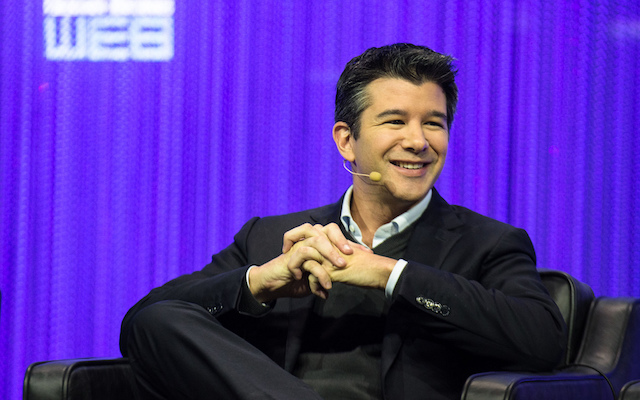In his new book Upstarts, Brad Stone tells the fascinating and fast stories of Uber and AirBnB. One of the stories Stone recounts is about Uber’s company-wide retreat in Vegas in the fall of 2015. Travis Kalanick, the founder and CEO, paid for all 5,000 employees to converge on Vegas for a lavish retreat. The main event of the retreat occurred on Tuesday night, when Kalanick introduced the employees to values that would and should guide the culture of Uber. Through explanation, stories, and videos, the values were heralded. The new values, 14 of them, were referred to as a philosophy of work, and included things such as:
- Let builders build (people must be empowered to build things)
- Make magic (seek breakthroughs that will stand the test of time)
- Be an owner, not a renter (revolutions are won by true believers)
So how did people respond to the presentation? How did the employees feel about these values that would serve as anchors for the type of company Uber was and should be? Brad Stone writes:
Employees who hadn’t sufficiently glugged the company Kool-Aid thought it was an overly long and self-indulgent display. Others called it their most formative experience at the company. “It was one of the most moving moments I had at Uber,” says Austin Geidt. “You could see how big we were, how many different countries were represented, and all the different types of people. It was awesome.”
Some thought, “This is too much,” while others felt, “This is exactly who I am.” This is not surprising and is the reality of leading. When vision is cast, some roll their eyes and some roll up their sleeves. When leaders declare direction, some shrug and others are stirred.
Strong values in an organization or ministry attract and polarize at the same time. If your values don’t elicit a response, they are too generic or too bland. If your values don’t cause some to walk, they are not strong enough. If your values don’t grab the hearts of some, they are too weak.






